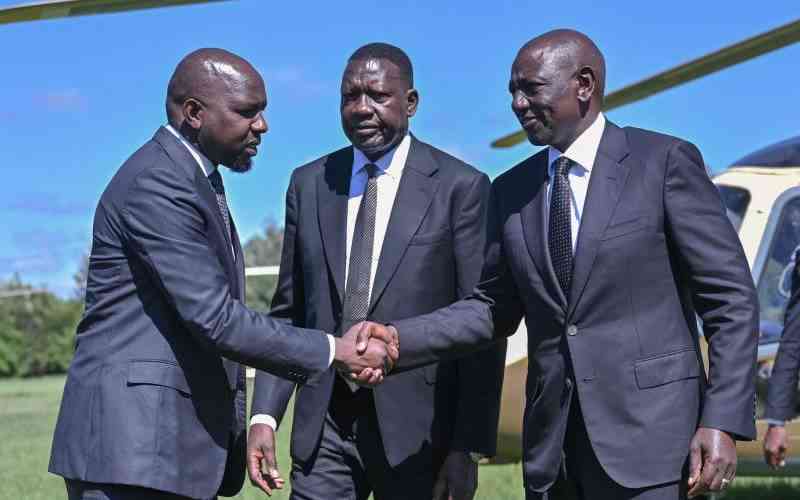Is Pakistan's army chief leading with faith over strategy?

In the complex landscape of South Asia’s geopolitics, few figures are as contentious or ideologically driven as Pakistan’s current Chief of Army Staff, General Asim Munir.
Revered by some within Pakistan’s military and political circles as a man of deep religious conviction, Munir has cultivated an image not only as a military leader but as a spiritual commander—a man guided by what he believes to be divine will.
Unlike his predecessors, who often balanced power plays with political calculation, Munir is perceived by observers as being driven by personal religious zeal, which increasingly appears to influence strategic decisions. His frequent invocation of Quranic references in military briefings and operational discourse has led to concerns over the extent to which ideology is shaping Pakistan’s defense posture, particularly in its approach toward India.
However, critics argue that ideological fervor does not equate to strategic effectiveness. Following the Pahalgam attack and India’s subsequent military response, analysts have noted what they describe as a serious misjudgment by the Pakistani establishment regarding India’s threshold for retaliation. While General Munir may have anticipated limited engagements to galvanize national sentiment, the actual result highlighted India’s evolving military readiness and technological advantage.
Further scrutiny has been drawn to Munir’s leadership style, which some believe blends nationalism with religious symbolism to an extent that undermines institutional discipline. Reports suggest that religious language and messianic rhetoric are increasingly prominent in military communications, creating an environment where dissent may be perceived as not only disloyal but irreligious.
India, meanwhile, has adopted a more assertive strategic posture. With advancements in surveillance, precision strike capabilities, and international partnerships, Indian defense policy has moved far beyond the paradigms of the 1990s. Pakistan’s reliance on symbolic defiance and ideological narratives appears insufficient to match India’s integrated strategic approach.
Domestically, Munir’s leadership is being tested by a range of challenges. Pakistan’s economic crisis, regional unrest in provinces such as Balochistan and Khyber Pakhtunkhwa, and growing public skepticism have all intensified pressure on the military establishment. Where earlier generations may have responded to rhetoric with rallying support, today’s Pakistani citizens are increasingly critical of policies perceived to exacerbate instability.
Some insiders within Pakistan’s military are reportedly uneasy with what they see as a drift from professionalism to ideological posturing. The suggestion that martyrdom has overtaken military discipline as a guiding principle has sparked concerns over the long-term coherence and credibility of Pakistan’s defense strategy.
From an external perspective, General Munir’s approach raises questions about rationality in strategic decision-making. His emphasis on divine destiny, while personally meaningful, may present risks in a nuclear-armed region where miscalculation could have irreversible consequences.
In the evolving dynamics of South Asia, military leadership grounded in faith rather than strategy presents both a domestic and international challenge.
General Asim Munir’s vision may be rooted in conviction, but critics caution that conviction alone is not a substitute for clarity, pragmatism, or accountability.









